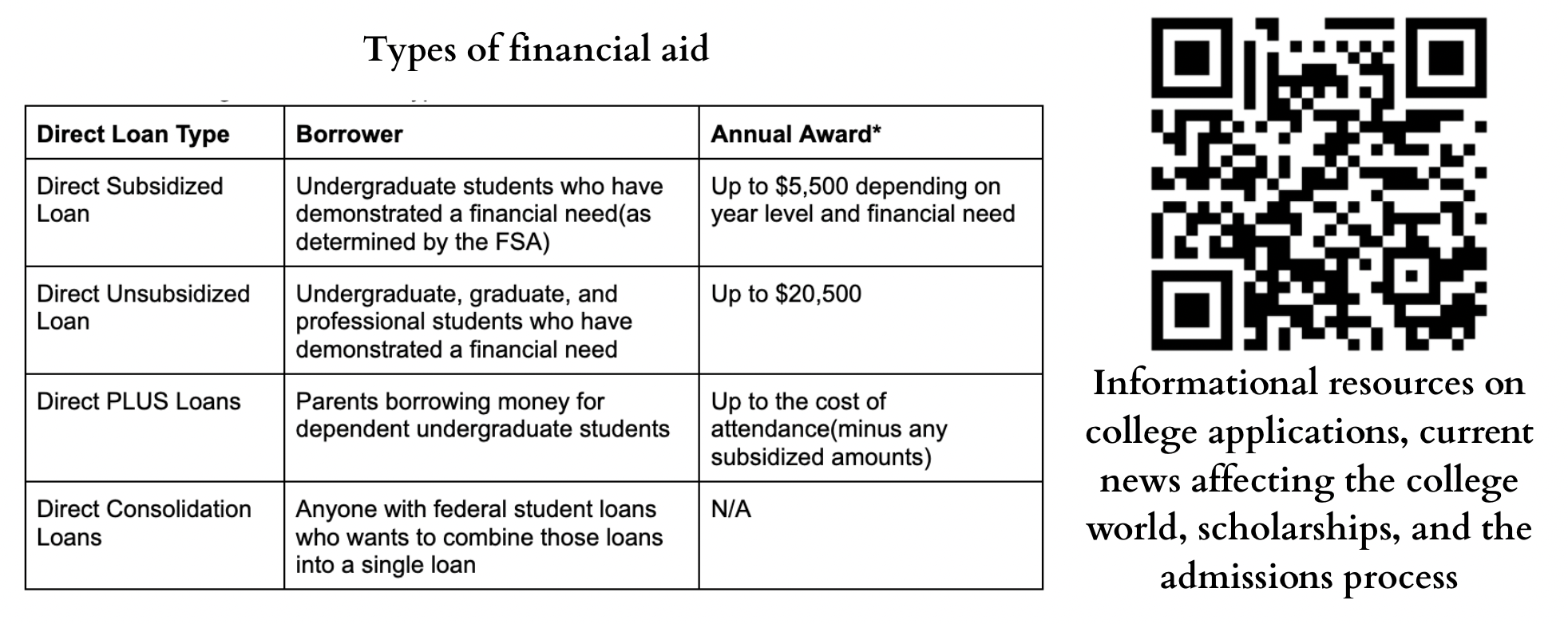
So, you’re curious about college. Maybe you already know a lot. Maybe you have no clue where to start. Well, here are some quick tips to help you succeed in your college search.
One of the most important and most simple ways to define yourself is by your extracurricular activities, which will go on your college application, and any future resumé you write. According to the College Board, more than 80% of teenagers between the ages 12 and 17 are actively participating in at least one extracurricular activity. Admissions officers want to see your strengths, and showing that you exceed both in the area you hope to pursue in college, as well as in other fields, will make you stand out as a college candidate. For the sake of your own health, it’s better to really focus on certain activities that you find challenging or fulfilling. Colleges value commitment and passion, and the ability to excel at a few things, rather than the ability to do just alright at many.
This can include school-sponsored activities, like sports teams, clubs, student government, community activities like volunteering and local arts and activism groups, or independent activities like online courses, specific creative hobbies like painting or building, and even starting a small business or side hustle. Jobs are another great option for extra curricular activities, as they show a commitment and work ethic that other students may not have.
When choosing extracurriculars, keep in mind any career paths you’re considering, what you intend to major/minor in in college, or just any passions or hobbies you already enjoy. College interviews are opportunities to further define yourself and express your opinions surrounding your ideal college experience. Interview questions are formulated by schools to define what makes you unique and how you will fit in at a college. Not all colleges offer interview opportunities, but if they do, they can be great opportunities to better express yourself in ways that you may not have been able to on the application.
Oftentimes interviewers will ask why you want to go to a certain college, and what unique ideas or perspectives you bring to the table. Here it’s best to have done some basic research on the college. Mentioning interests, hobbies, and extracurriculars are great ways to exemplify your passions.
They will likely also ask you about yourself. Here it’s best to truly be yourself. Describe your experiences, your strengths, your weaknesses, and obstacles you’ve overcome. Be concise, but make sure that you don’t downplay the nuances of who you are as a person.
Federal student loans are a great option, because they offer flexible payment options, fixed interest rates, and no credit/check/cosigner requirements. They can be repaid post-college, and the government may even pay interest while you’re in school or even sometimes afterwards. If you work in certain areas, such as healthcare, law, education, or are a government employee or military member, there may also be student loan forgiveness programs that you can qualify for. As a borrower, it is your responsibility to keep track of the amount you’ve borrowed, as well as to research the starting salaries of jobs in your field. You must understand the terms of your loan before you take one out, and you must make all loan payments on time(because you may not always receive a bill or reminder on time), and always keep in touch with your loan servicer.
To apply for a federal student loan, you must fill out a Free Application for Financial Aid(FAFSA) form, and based on the results of your form, your college(or specific career school) will send you a financial aid offer, which could include federal student loans. Before receiving the loan, you will need to complete an entrance counseling course, which will help you understand the conditions of your loan specifically, and sign a Master Promissory Note, which will function as a contractual agreement between you and your school about the terms of the loan.
Ultimately, college isn’t for everyone. One alternative is Career and Technology Education(CTE) Programs. CTE Programs are commonly offered at community and technical colleges, and can last anywhere from a few weeks to two years. CTE Programs are available to both middle and high school students, or for graduate students or people in the workforce interested in getting a postsecondary credential. Traditional programs include construction work, HVAC, and carpentry, but there are also other programs that include things like nursing, such as an RN(Registered Nurse) program. Many of these programs function as alternatives to traditional college as degree programs, but most focus on nondegree workforce positions. Georgetown University Center on Education and the Workforce estimates that 72% of US jobs will require postsecondary education by 2031, but only 42% of positions will require a Bachelor’s Degree or higher.
If you have any specific questions or concerns about your academic journey after high school, in particular having to do with college, we recommend you meet with the College Counselor, Maiya Marshall. She is an amazing resource on all information pertaining to college or college alternatives.








